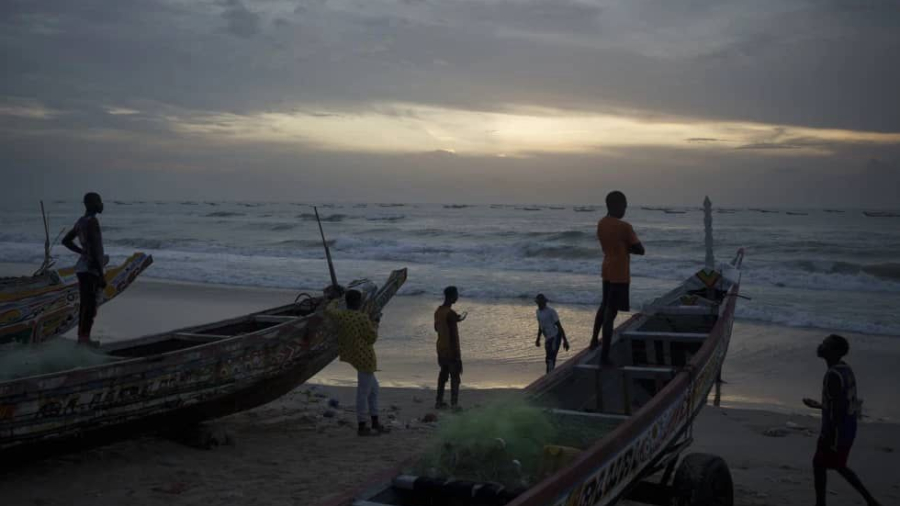At least 30 bodies have been found on a boat drifting off the coast of Senegal’s capital, the military said on Monday.
The navy was informed of the vessel’s presence on Sunday evening and sent out a boat patrol to the area, 70 kilometres (38 nautical miles) from Dakar, Ibrahima Sow, the spokesperson for Senegal’s military said in a statement.
“So far, 30 bodies have been counted,” Sow said.
The advanced state of decomposition of the bodies is making the identification process very difficult, the military disclosed, adding that investigations will provide more information on the death toll and the boat’s origin.
Recall that earlier this month, a boat carrying 89 people on board capsised off the coast of Senegal killing many, Senegalese authorities said.
Many individuals migrating from West Africa via Senegal are escaping conflict, poverty, and unemployment.
Majority of travellers travel to the Canary Islands, a Spanish archipelago located off the West African coast, using it as a transit point to reach continental Europe.
The AFP reported that since the beginning of the year, more than 22,300 people have landed in the Canary Islands, 126% more than the same period last year, according to statistics released by Spain’s Interior Ministry.
Last month, the Senegalese army said it arrested 453 migrants and “members of smuggling networks” as part of a 12-day operation patrolling the coastline.
More than half of those arrested were Senegalese nationals, the army said.
In July, a boat carrying 300 migrants, mostly from Gambia and Senegal, capsised off Mauritania.
More than a dozen died, and at least 150 others went missing.
The Atlantic route from West Africa to the Canary Islands is one of the deadliest in the world. While there is no accurate death toll because of the lack of information on departures from West Africa, the Spanish migrant rights group Walking Borders estimates the victims are in the thousands this year alone.
Migrant vessels that get lost or run into problems often vanish in the Atlantic, with some drifting across the ocean for months until they are found in the Caribbean and Latin America carrying only human remains.
